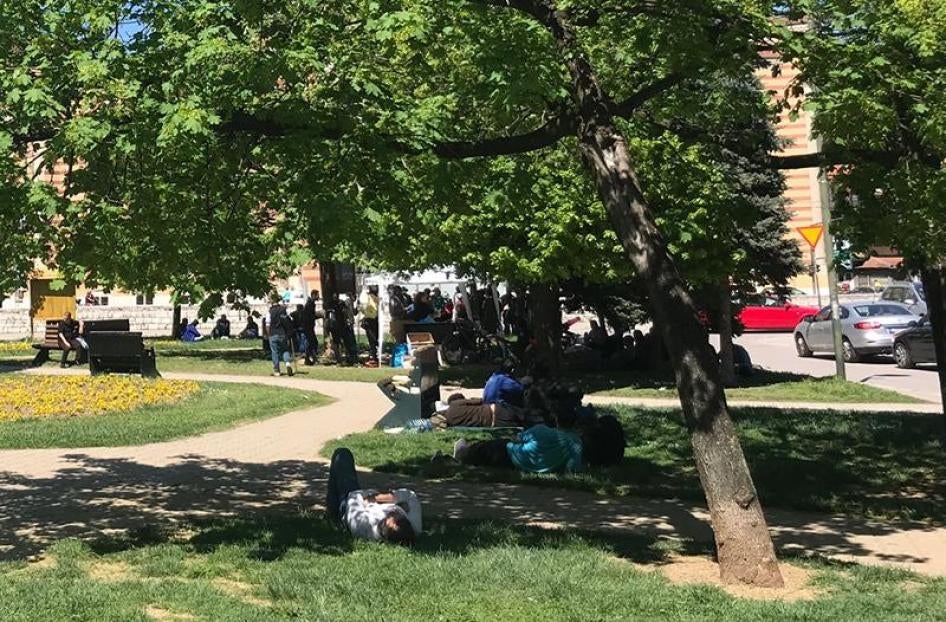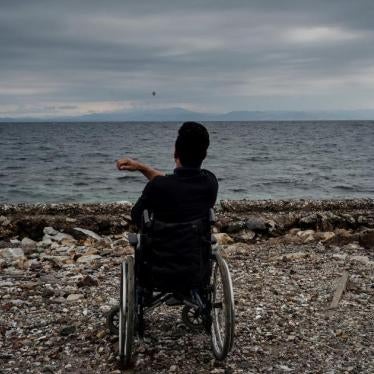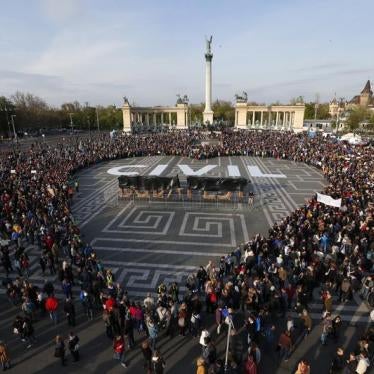When you think of refugees in connection with Bosnia and Herzegovina, you may think of people displaced by fighting in the former Yugoslavia in the 1990s. But today the country is facing a different kind of refugee crisis as it strains to safeguard the rights of a growing number of people from other regions who are seeking protection.
According to the UNHCR, 1,138 asylum seekers and migrants arrived to Bosnia between January 1 and March 3, more than the total for 2017. Most of them are from Syria, followed by Pakistan, Libya, and Afghanistan. Some are fleeing conflict and human rights abuses, while others are seeking a better life.
Government officials say they are managing the situation, a position echoed by UNHCR. But activists and NGOs say that the government is failing to adequately protect the rights of refugees who suffer in the streets without adequate food, shelter, and medical care.
The Bosnian Islamic Community has called on authorities to do more to meet basic needs of refugees. But the state has been able to accommodate just 154 people in the only open asylum center due to limited capacity. UNHCR also confirmed that “many asylum seekers face obstacles accessing the asylum procedure” due to onerous registration requirements and tight deadlines for lodging applications.
The current influx of people crossing into Bosnia from Serbia and Montenegro may be linked to increased border enforcement and pushbacks at neighboring Croatia’s border with Serbia. People either try to apply for asylum in Bosnia or make their way into the European Union by crossing the less secured 900-kilometer border between Bosnia and Croatia, according to media reports and authorities.
Private citizens, many of whom experienced horrors during the Bosnian war and displacement, have been largely supportive and offered help to refugees and migrants. However these noble efforts are not a substitute for effective state action.
Authorities expect even higher numbers of new arrivals in the coming months. Bosnian authorities and their international partners should work to ensure that the country is capable to respond in ways that respect human rights and refugee law.










